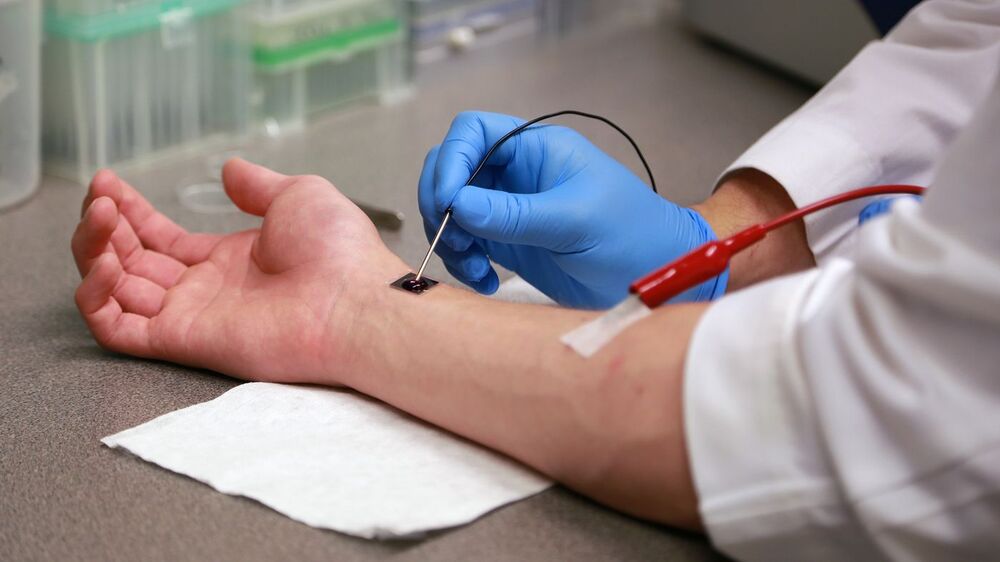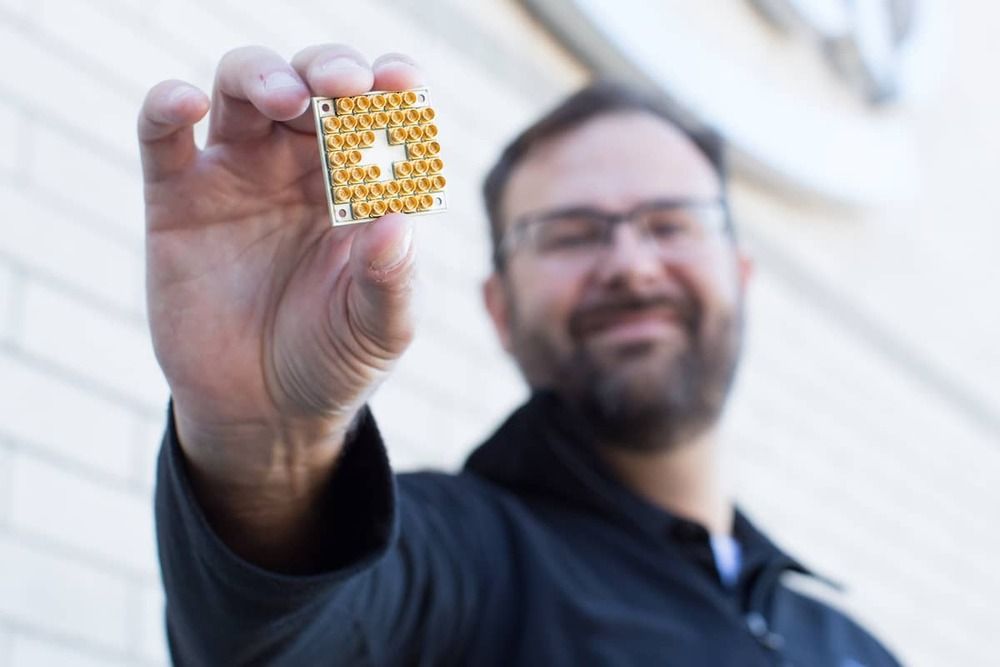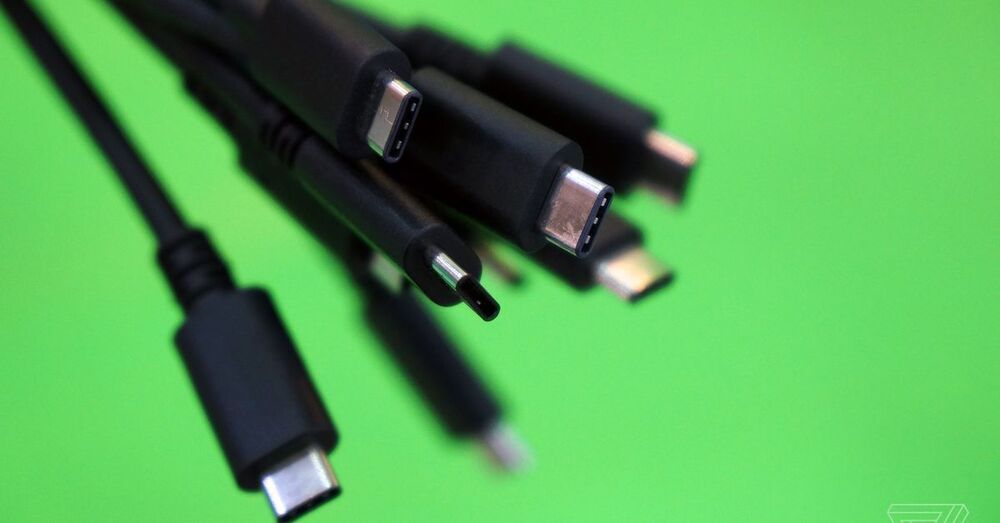ANOTHER OPTICAL BREAKTHROUGH COMPLEMENTING METALENSES. In addition to the ongoing revolution in optical science brought about by flat metalenses and single-photon image sensors, there is another parallel and complementing new dimension now added to the mix, which, according to this article, will allow telescopes as thin as a piece of paper.
Can you imagine one day using a telescope as thin as a sheet of paper, or a much smaller and lighter high-performance camera? Or no longer having that camera bump behind your smartphone?
In a paper published in Nature Communications, researchers from the University of Ottawa have proposed a new optical element that could turn these ideas into reality by dramatically miniaturizing optical devices, potentially impacting many of the applications in our lives.
To learn more about this project, we talked to lead author Dr. Orad Reshef, a senior postdoctoral fellow in the Robert Boyd Group, and research lead Dr. Jeff Lundeen, who is the Canada Research Chair in Quantum Photonics, Associate Professor in the Department of Physics at the University of Ottawa, and head of the Lundeen Lab.









